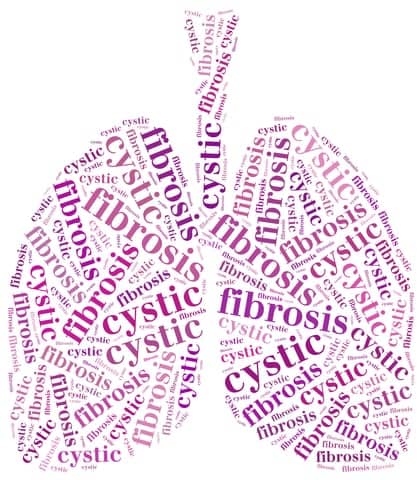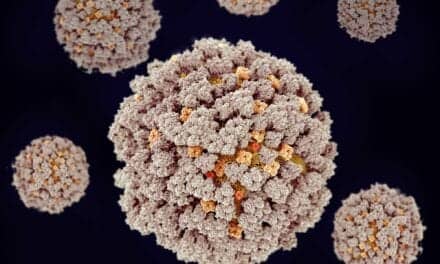Researchers explored the effect of antibiotic combination therapy against P. aeruginosa isolates recovered from chronically colonized CF patients within different hospitals.
Cystic fibrosis (CF) is an inherited, progressive disease caused by mutations in the cystic fibrosis transmembrane regulator (CFTR) leading to persistent lung infections. Production of thick, viscous mucus within the lungs prevents cilia from beating on normal epithelia, allowing bacterial species to become entrapped. Respiratory infections are the most common cause of morbidity and mortality in CF patients.
Pathogens frequently associated with this disease are Pseudomonas aeruginosa, Staphylococcus aureus, and Haemophilus influenza, while other species less frequently encountered are Stenotrophomonas maltophilia, Burkholderia cepacia, and non-tuberculosis mycobacteria. P. aeruginosa remains the most prevalent species among the CF population, accounting for approximately 46% of cases, according to the Cystic Fibrosis Foundation patient registry, 2016.










